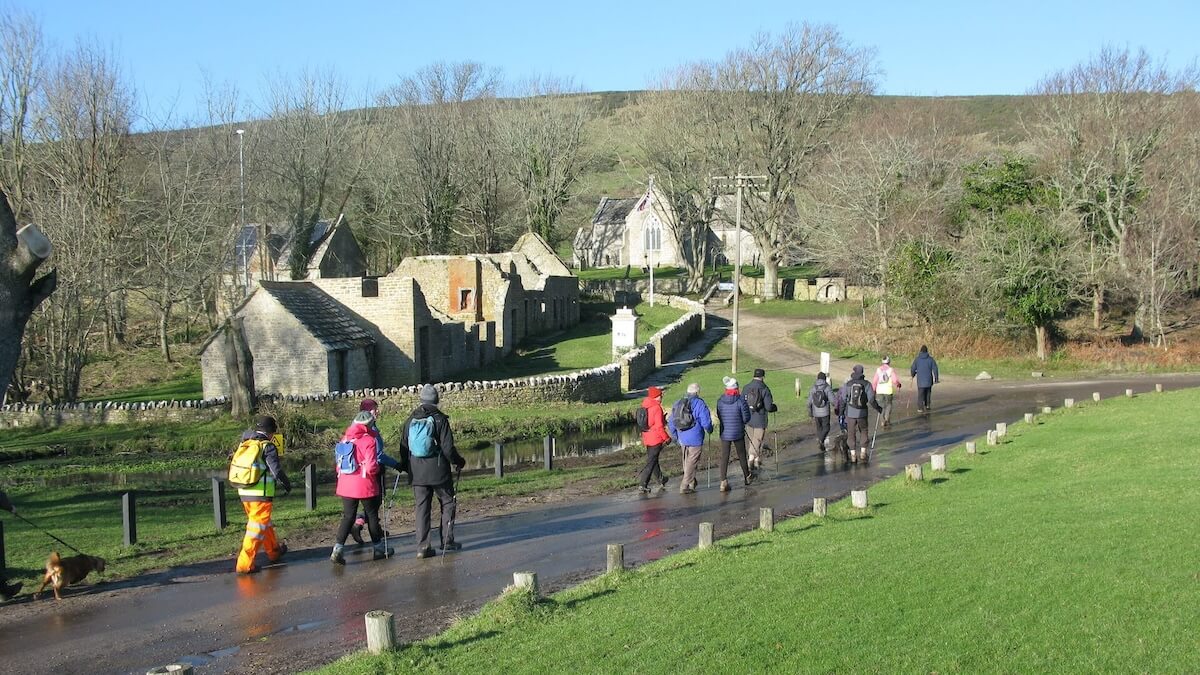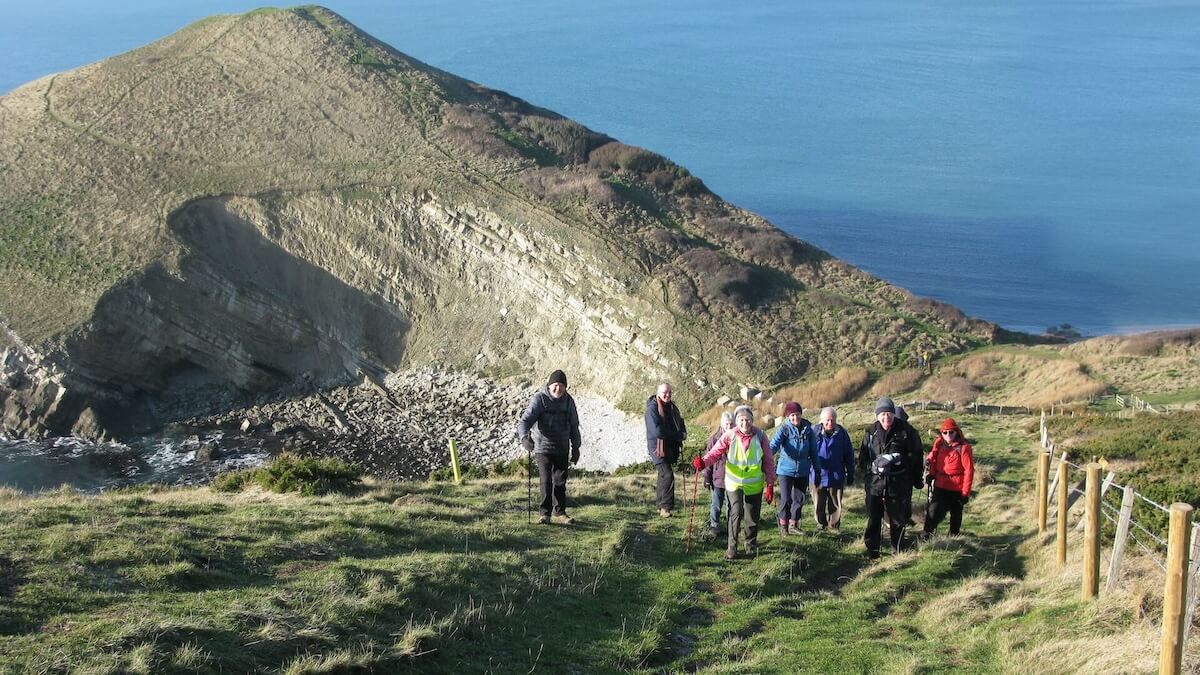Walk Leaders
We really appreciate the time and effort that our walk leaders put in to provide the walks programmes. It might sound obvious but if there are no walk leaders there is no walks programme.
We would ask members therefore to consider becoming walk leaders. It does not need to be a new walk. It could be a walk that was previously led by a walk leader now unable to lead that walk. Should any member feel that they would like to lead a walk but feel a bit apprehensive then please contact a committee member and they will arrange for one of the committee or another experienced walk leader to accompany them on the first walk or two. We have listed below some guidelines to be taken into account when leading walks. Do not be daunted by the guidelines as most of it is just “common sense”. Probably the most important thing is to know your walk and to walk it before it comes up in the programme. We call this doing a recce. If you would like to have company when doing a recce you should be able to find a committee member or another member to accompany you.


Thinking of leading a walk and looking for inspiration? Your walk doesn’t need to be a new one. Our Walks Archive could give you some ideas.
Leader Guidelines
Before the walk – check you have the following:
- A charged mobile phone.
- A SWWG First Aid kit.
- Whistles, for self and back marker. Emergency signal is 6 one-second blasts.
- A suitable Ordnance Survey map of your area, to allow you to give a grid reference to rescue/ambulance services in an emergency.
- Hi–vis tabards or jackets for self and back marker. These are strongly recommended when walking along or crossing roads. They are also very useful for locating back marker when leading large groups.
- A small notebook and pen or pencil.
- Bad Weather – if the weather forecasts is very dire consider cancelling the walk. To ensure members get your cancellation message, speak in person to the Programme Arranger, Membership Secretary or Chairman before 12.00pm the previous day. Do not leave any form of message because it may not be acted upon in time. You may not know whether or not members have received your cancellation message.
- Hot Weather – consider carrying an extra bottle of water in case someone runs out and becomes dehydrated.
At start of the walk:
- Introduce yourself to the other walkers and ensure any new members or visitors are made welcome.
- If the weather turns unexpectedly really bad, make a decision whether to proceed with the walk or not. Note down weather conditions at start.
- New members and visitors:
a) Check they have suitable footwear and/or clothing for route and seasonal conditions. If unsuitable, advise them of the risks they face if they insist on participating.
b) Ask them to write down their name, address and contact telephone number in your notebook. - Briefly describe the walk route, state distance, any foreseen difficult parts, any road walking, slippery mud, stiles, planned stops and toilet facilities (If none, say so.
- Appoint a back marker, give them a whistle and hi-vis tabard or jacket. The back marker must wait for all persons who stop for whatever reason and ensure all opened gates are closed again.
- For large numbers of walkers (25+) appoint a middle marker. A middle marker should ensure that the leader and back marker are in sight and take appropriate action if they’re not (use whistle).
- Count and note down the number of walkers.
During the walk:
- Dogs: Ensure all dogs are properly supervised, especially near livestock and close to roads. SWWG abides by the Countryside Code, including the requirement for dog owners to clean up after their pets.
- Make regular check: Regularly check that all walkers are still present and ensure the whole group is together before a significant change of direction (particularly where more than one path isavailable).
- Road walking. When approaching roads advise walkers which side of the road they will be walking on. The Highway Code advises that large groups should keep to the left side, but walk leaders should use their discretion depending on location and circumstances.
- Incidents: If any walker suffers a fall or injury, or some other incident occurs, note down the time and place with a brief note of what happened. If emergency services are called and/or outside help is needed, note down their arrival and departure times.
After the walk:
- If any problems were encountered on the walk, advise the Secretary and Programme Arranger.
- If there was an incident or someone became ill and needed help, whether deemed serious or not, a copy of the SWWG Incident Report Form must be completed and forwarded to the Secretary for permanent inclusion in the SWWG incident file.
- If there were any visitors, e-mail or phone through the name, address and telephone details they provided to the Chairman for recording/insurance purposes.
Issued February 2020
